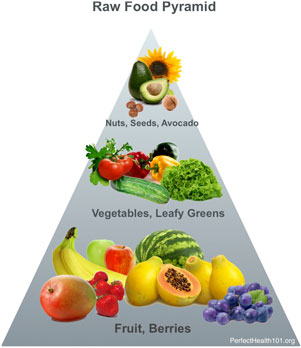12/20/2017 The Magi, the Gifts and JESUS
Matthew 2:1-2, 11 After Jesus was born in Bethlehem in Judea, during the time of King Herod, Magi from the east came to Jerusalem and asked, “Where is the one who has been born king of the Jews? We saw his star in the east and have come to worship him….On coming to the house, they saw the child with his mother Mary, and they bowed down and worshiped him. Then they opened their treasurers and presented him with gifts of gold and of incense and of myrrh….[New International translation]
Biblical Lesson
The visit of the Magi is one of the great visual images of Christmas. Numerous children plays will include three young children, wrapped up in old robe like “bed sheets” with crowns on their heads. You may remember receiving or sending numerous Christmas cards over the years of three crowned men on camels with outstretched hands holding gifts. Or, you may recall images of three men entering a stable presenting their gifts to baby Jesus, lying in the manger, with Mary and Joseph standing nearby and the baby under a huge bright shining star. These are the “Three Wise Men.” These are the images we have carried around with us for years. Many have even suggested that the reason we give each other gifts at Christmas is to remind us of these three wise men who gave gifts to Jesus. And because of their gifts, during the weeks before Christmas many journey far and near, going from store to store, and spend hours searching the internet for just the right gift to give.
However, the story of the visit of the Magi actually described in the Gospel of Matthew may not be what we envisioned as children or have carried with us even into our adult years.
First, when Matthew describes the visit of the magi or wise men from the east who journeyed to Jerusalem, the number three is never mentioned. Matthew just states that there came Magi or wise men from the east. Perhaps there were three or four or many wise men that came. We often assume there were just three because of the three gifts that are mentioned: gold, frankincense, and myrrh.
The Magi are sometimes depicted as kings. Others believe the Magi were astrologers who studied the stars. Several translations even use the word “astrologers” at Mathew 2:1, including the Living Bible, Amplified Bible, New English Bible and other translations. Some who believe the Magi were kings point to Isaiah’s reference to the Messiah in Isaiah 60:3 Messiah that: “Nations will come to your light and kings to the brightness of your dawn.” See, New International translation.
And then there are the gifts: gold, frankincense and myrrh. See King James, Living Bible and Revised Standard translations. What was the purpose of these gifts? Some state that the gifts were “symbolic” of the kind of gifts you would give to a king during those times. Gold represents a valuable commodity (like money), myrrh being an anointing oil, and frankincense a perfume.
Other believe the gifts were spiritual in nature, with gold representing an earthly kingdom, frankincense (an incense which was often used in the temples during worship) representing the deity of JESUS. Myrrh, another oil, was used during embalming oil, thus representing death.
The ancient Egyptians used both frankincense and myrrh to embalm. Many believe these gifts point to JESUS’ death for us on the cross. Others believe these gifts were actually used to later anoint JESUS’ body after his crucifixion.
Some have stated that the gold symbolized virtue, frankincense symbolized prayer, and myrrh suffering. Others believe the Magi’s gifts were for Mary and Joseph and later used to finance the family’s trip and stay in Egypt, where they fled to escape King Herod’s persecution.
The visit of the Magi and all the speculation about their gifts show that it is easy to “get mixed up.” Just like today, it is easy to focus on the wrong thing.
This month there will be a lot of speculation about “gifts”--whether they will be well-received, whether they are “right,” how they should be used, if they will be used, when they should be used or even if they should or will be returned.
Still others may focus on the meal or the fact that Christmas day comes on Monday, whether they or others will or should return to work, when students will return to school, or when and what stores will offer after Christmas sales or even the weather.
Like today, there may be very little focus on GOD’s sacrificial gift to humanity, JESUS.


